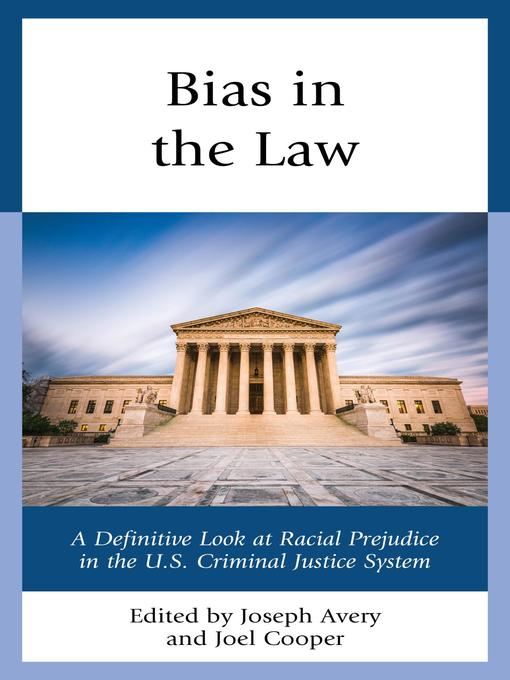- New eBooks
- New Fiction eBooks
- New Nonfiction eBooks
- Most Popular eBooks
- Teen eBooks
- Kids eBooks
- Graphic Novels
- See all
- New Audiobooks
- New Fiction Audiobooks
- New Nonfiction Audiobooks
- Most Popular Audiobooks
- Teen Audiobooks
- Kids Audiobooks
- See all
- Cooking & Food
- Crafts & Hobbies
- Family & Parenting
- Health & Fitness
- Home & Garden
- Lifestyle
- News & Politics
- Science
- Tech & Gaming
- See all

